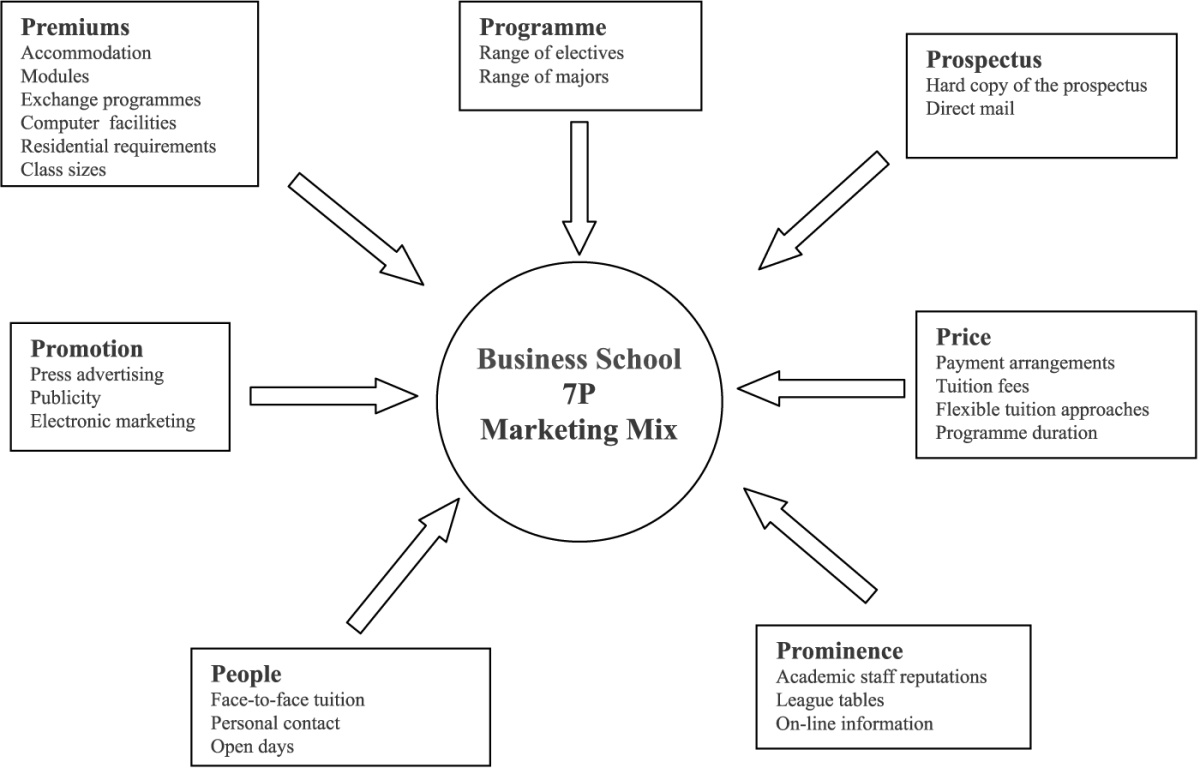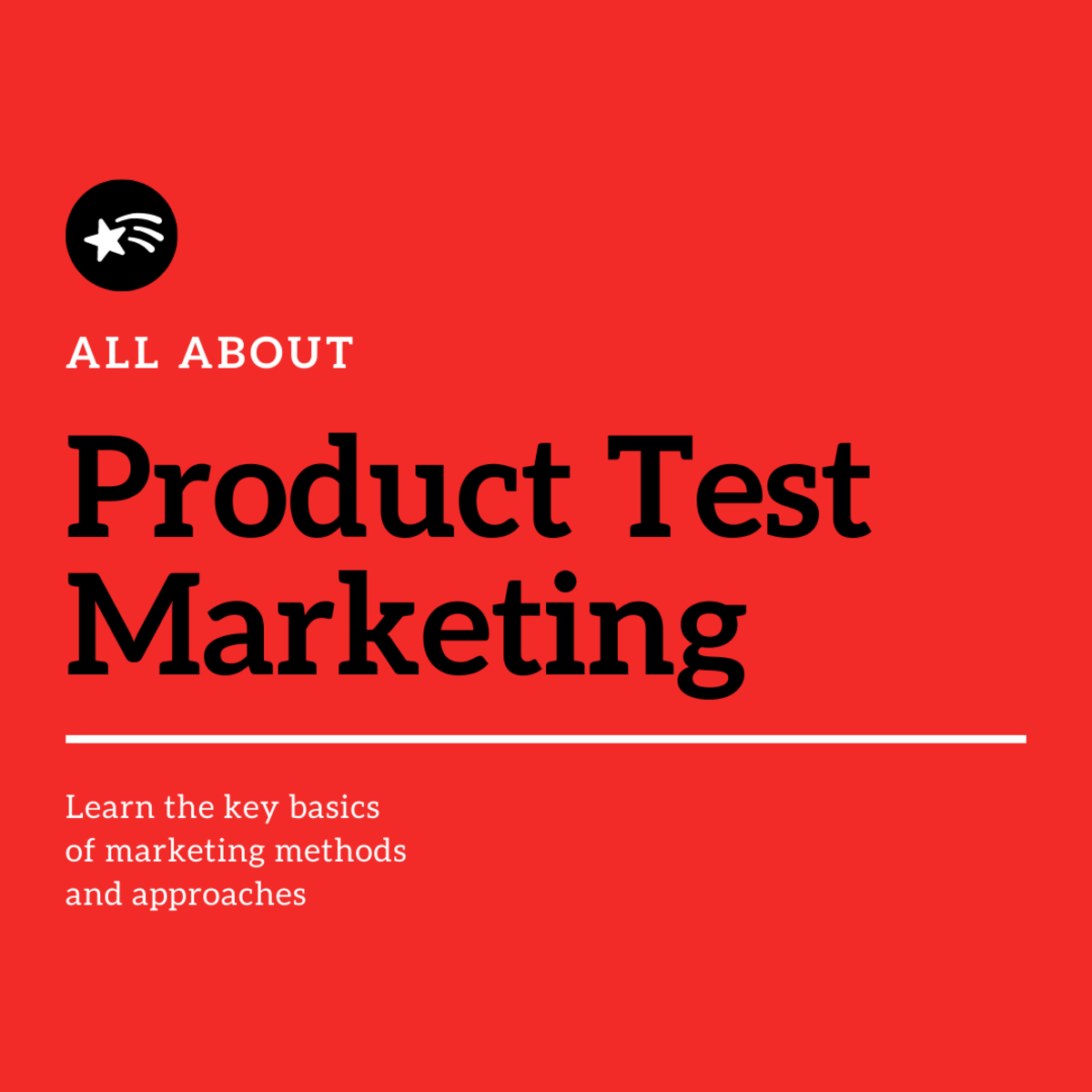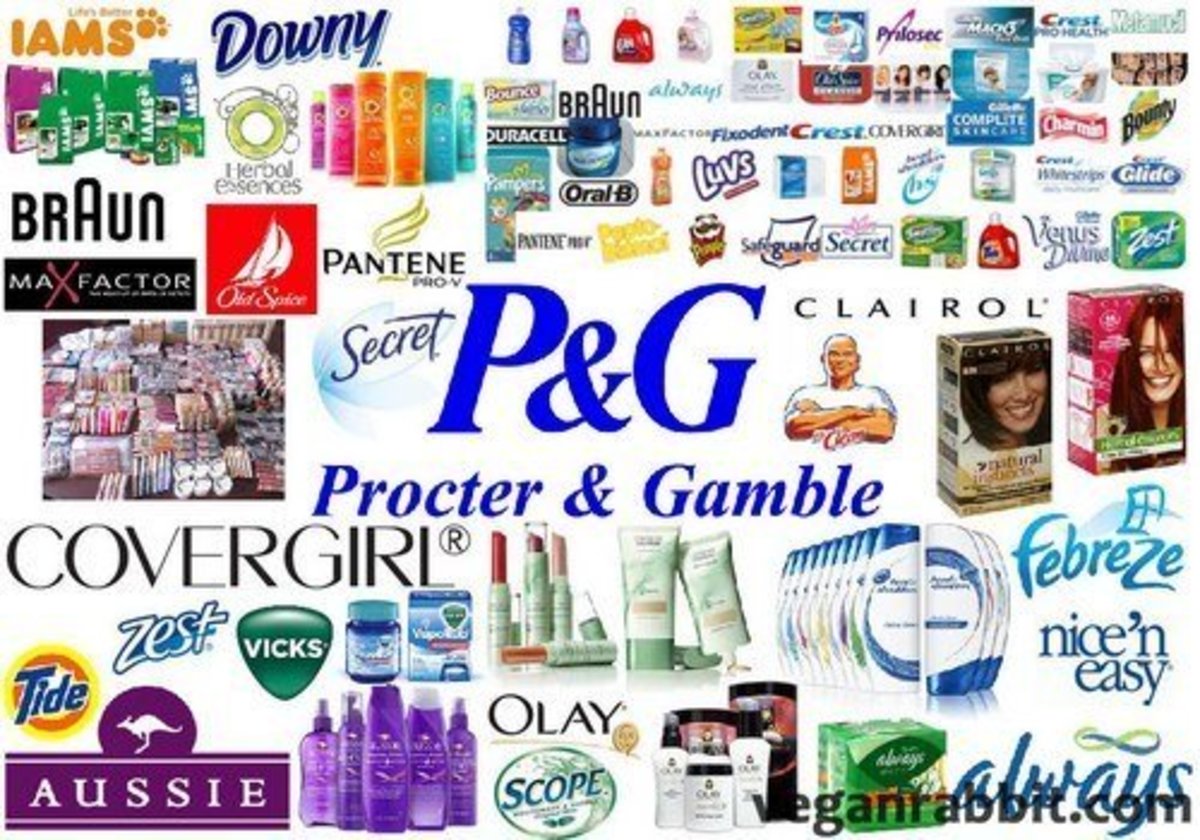Branding is Dead, Long Live the Brands!

"Good to the last drop!"
Slogans link companies to their brands. People recognize the slogan and have a positive feeling about something in their life and buy the product - or did. Currently, if you drive and buy your own gasoline, does it matter to you if you are putting "a tiger in your tank," an additive called "Techroline," or that the station you are buying from has gas in your grade a cent cheaper than the one across the street - AND - you get another discount because you overpaid for your two weeks of groceries from the same place?
Would you rather buy your gasoline at a place that also serves 12 different varieties of coffee and as many different flavored cream additives; has fresh, or at least semi-fresh sweet cakes, a clean restroom and lots of pumps so no problem finding one - or a convenient yet smaller service station where an attendant fills your tank for you, checks your oil, air in the tires and washes your windshield all for 30 cents a gallon more?
When you buy your cookies, and if you don't buy cookies you are not American, so when you buy your cookies does it matter if there are little elves making your cookies or is it acceptable to just have a picture of what appears to be a similar product at a discount to the original?
"You can trust your car to the man who wears a star, a big bright XXXX star!" Who said that?
Gingles, logos, advertising, concerts, naming stadiums, promoting NASCAR drivers, sponsoring horse riding events, and all to promote our brands. What happened? Where did they go? Is it a function of the economy, or did we undermine our own efforts?
Store Brands and Generic vs National Brands
if you grew up prior to 2000, maybe even prior to 1990s, you can probably name dozens of nationally branded products. If you see a logo, you recognize the logo and either have a good or bad feeling toward using or buying it. If you were not a teen before 2000, you have not seen many national brands come into being. Why has this happened? Is there still value in branding? Can we get it back? Do we want it back?
Branding as it was in the post war (that is still WWII) period was new, strong and effective. Prosperity had come, now just in the United States but in countries worldwide. If given the choice, a homemaker would want to buy that name brand coffee, shoes, jeans, and the man of the house would buy that tobacco advertised on the side of the barn reminding him of his Mail Pouch.
Where are We Going?
Looking back, we see that the money was there to gain and the money was available to spend to get it. Advertising today isn't about building the brand as much as it is about motivating you to buy. It is a rush to the sale. There is no luxury of building the brand and developing that pull-through purchase. It is all push - no pull. It doesn't seem to matter what the industry either.
Early attempts at generics were really overstated and over the top. The first generic food items I can remember were white cans or boxes with black bold letters stating "Beer" or "Cereal" or "Noodles." Several other points about those ultra-cheap alternatives were these generics were sub-standard floor sweepings for the most part. These were not substantive alternatives to the name brands. It hurt the generic concept at the beginning.
Drug companies can tell you the value of a brand. A drug gets to operate without a generic counterpart for a certain period (determined internationally differently) and during this period developed countries pay up to hundreds of times cost where developing countries may be paying close to generic pricing from go. As the sales cycle of that drug nears the end of protection, the company may opt to modify the formula so it is actually recognized as a "new" drug and gets another run. If it hasn't been that great they may opt to go generic and own that segment faster. Look on the aisle at your local grocery store and see if you can figure out who did this recently.
Fashion is another whole deal. Fashion, whether it is clothing, cosmetics, even perfume, seems to have beaten the curve...but why? Profits drive everything! Highly profitable items have been able to maintain their brand through all the ups and downs of the past several decades. Selling things that have high value at high prices to people who can afford it and to people who like to show their status symbols have allowed some few companies to maintain their brand. Phyllis Dillar, a well known comedic performer, owned a classic Mercedes and a Rolls Royce. When asked why she bought those cars, she responded, "...if you buy any other vehicle they depreciated beginning they day you drive it off the lot."

Classics Count
Certainly specific instances can easily be picked out in fashion, but we also see watches, jewelry, cosmetics, and even jeans! Why can this be and is it worth it?
Profitability is the key and the requirement to maintain and grow a brand. Without solid profits, there is no sustainability, there is no money for promotion or market development. Look at the bottom lines of the companies we know of as icons and if they have been managed correctly, they have been able to maintain their position today.
So would there be value in companies like our auto companies, oil companies, food suppliers, and other suppliers to build their brand or are they just wasting money?
Perdue Farms jumped out in front on the poultry markets years ago doing two things. First they fed their chickens a diet that included a high level of naturally occurring xanthrophil which caused their chicken to appear more "yellow" seen by some people to be more natural, richer, healthier than bland, pale looking chicken for other companies. Then they put on the advertising campaign that their chickens are fed an all natural diet of corn, soy and minerals. Sure enough, they improved their company image, improved sales, and increased their perceived value against their competition which was then implied to not be feeding all natural diets, not be as fresh to market, or any of the other attributes consumers may put into a buying decisions.
Oil Companies have Profits, Where are Their Brands?
In the last decades of the 20th century the world economy was in flux. At the new millennium, we had 911 and another blow to the recovery for the world. Profits were good in 1990s, but not great. Then we have a big gulf oil spill and the Obama administration gets a deal with BP to have them fund some of the administrations pet projects with $20 billion as a fine for the spill. After the Exxon oil spill in Valdez, Alaska, the BP spill in the Gulf of Mexico, is it any wonder why no oil company is pushing a brand forward? To do so may put a target on their back. BP originally moved to the BP in yellow and a green background based on studies they did where consumers would see them as a "good" and "green" company. It would be hard to make that case right now even with the money BP has put into wind and solar.
What is happening in the oil business is a curious thing. Where the early on generics came out as less than equal value and packaged poorly, in the gasoline business new "unbranded" companies are taking center stage and do not have the added cost of branding their station or meeting external mandates on technology, cleanliness or product availability. In the past, if you were a branded jobber or store, you had a guaranteed allocation over non-branded. If supplies were short, you could count on being the station that remained open with gas in the tanks. The new normal has made many of these unbranded suppliers equal in access to fuel at the tank farm due to the volumes involved. The buyers for these unbranded companies are studying markets and owning product driving business to other parts of their markets.
Kroger, Ingles, Walmart, all have gas pumps tied to their shopping club arrangements. Buy your groceries at Kroger and earn pennies off your gasoline purchases. If the average consumer has the choice of saving a nickel on gasoline AND even more if they buy their groceries at the same convenient place compared to having to drive to a convenience store where that candy bar is going to cost double and the gas more, where are they going to shop?
At the same time the stores have learned to provide store brands that don't carry the cost of the label and still maintain significant quality minimums. In this way, the store again is selling basically non-branded at a higher profit right next to the old school branded product they have to pay to get on the shelf. Alde figured this out and is highly profitable.
Branded v. Unbranded
If given the choice of a name brand or a store brand, at what cost difference will you opt to buy the store brand?
Can We Have Another Paradigm?
The company that decides they are going to gain market share based on branding today better have several things in place before they start. First and foremost, they better have a superior product or product line in quality and performance. Second, they must be willing to buy their way into the pocket of the right market for their products. Putting your new "best of show" product on every shelf in Dollar General isn't going to gain the share of market you want. It needs to be seen as demanded to be on the shelf by the consumer - and that is a very expensive proposition. The suggestion is to begin regionally until you own a market then own another region. You do not have to own a country to start, just need to own one market.









